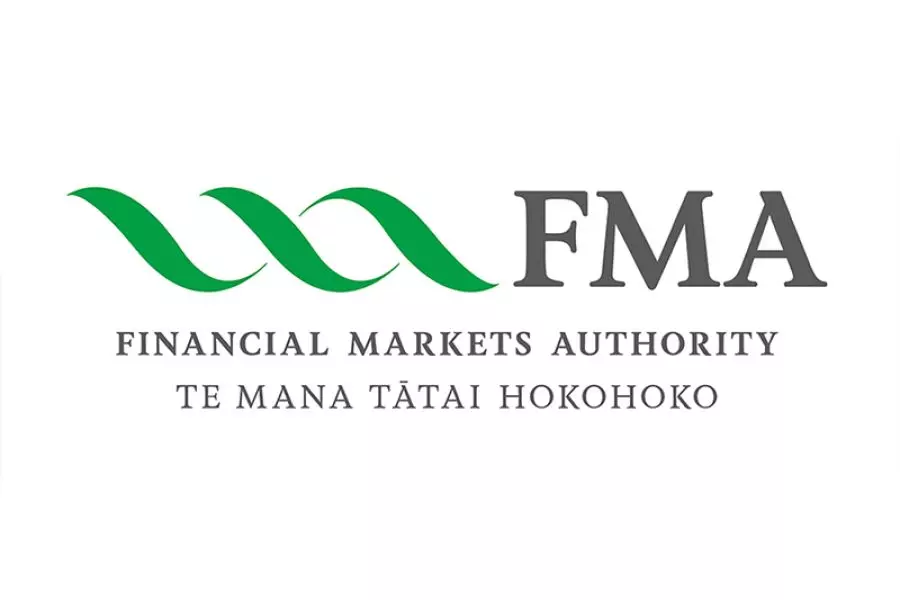
News
International Shares
Friday 21st of February 2003
In spite of a sustained period of global economic downturns, international equity markets are having one of the best starts in more than 60 years.
The S&P 500 is up around 5% with surveys of investor sentiment suggesting more bulls/fewer bears than at any time since 1998. This is an extraordinary development given the...
Want to read the full article?
Click the button below to subscribe and will have unlimited access to full article and all other articles on the site.
4 min read







![[The Wrap] Bye Bye Bayly](https://goodreturns.publit.io/file/c_fill,w_900,h_600/39f23ac1-f7c7-4854-b700-a150004ebbac.webp)